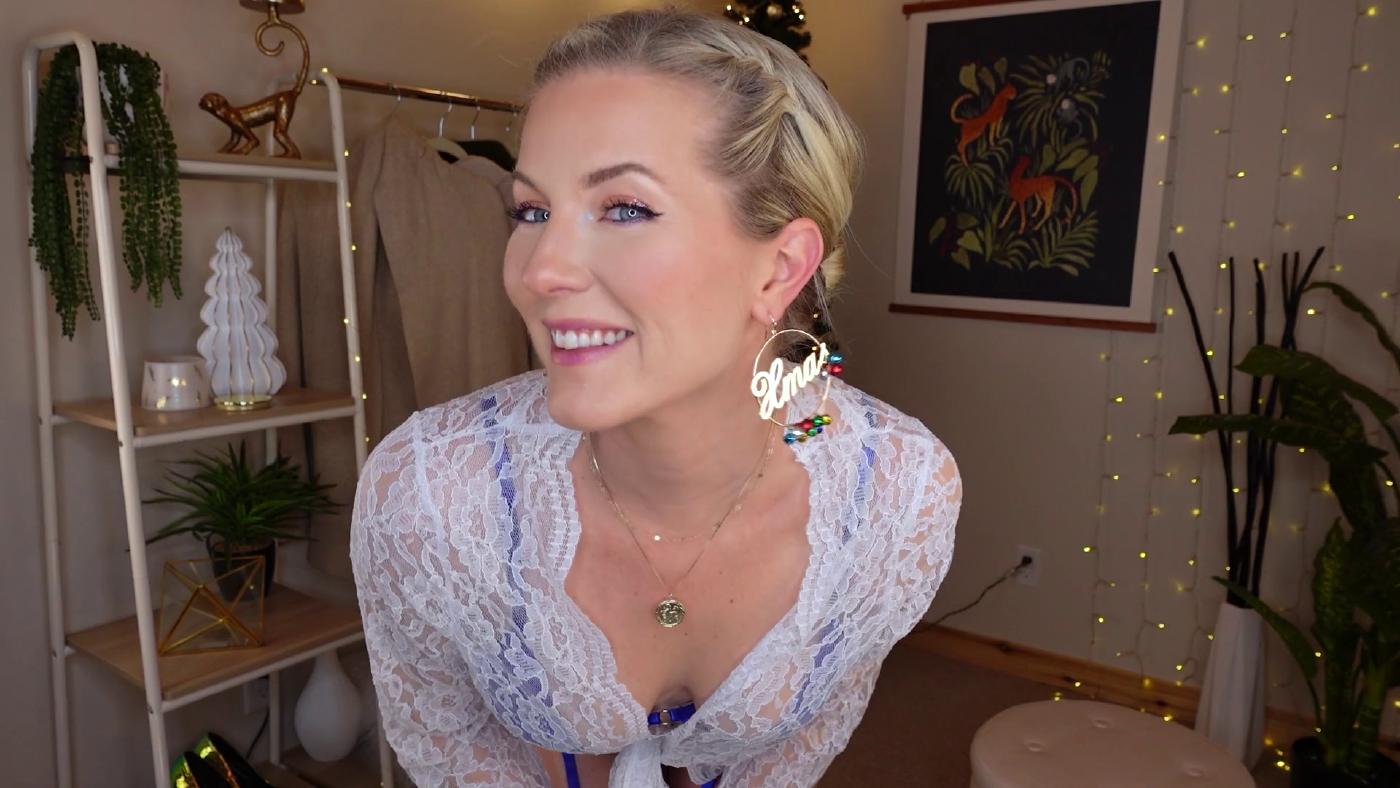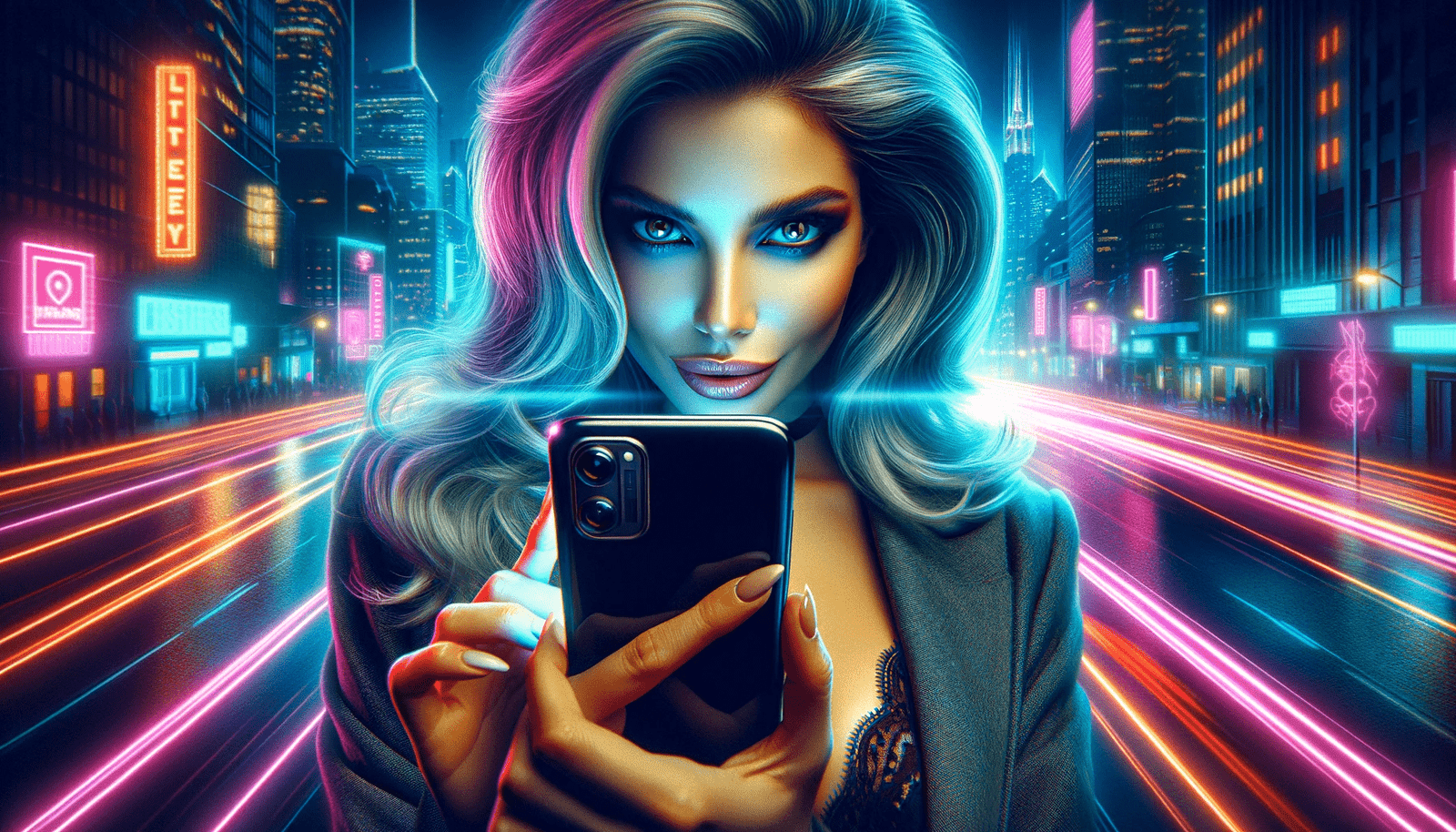Is the "Influencers Gone Wild" phenomenon a harmless form of entertainment, or is it a Pandora's Box of ethical transgressions? The stark reality is that this online space, fueled by a relentless pursuit of clicks and views, is riddled with ethical landmines, ranging from privacy violations to the exploitation of vulnerable individuals.
The "Influencers Gone Wild" website, and the broader trend it represents, is a breeding ground for ethical dilemmas. It raises serious concerns about online harassment, cyberbullying, and the exploitation of individuals' personal lives for entertainment or profit. The core of the issue is the blatant disregard for privacy and consent that often pervades these digital spaces. Content creators, desperate to attract attention, sometimes cross the line, engaging in behavior that is irresponsible, dangerous, or outright illegal. This includes illegal stunts, offensive material, or the promotion of fake or dangerous goods. The pressure to go viral, to garner those precious likes and shares, can override any sense of moral obligation or personal responsibility. What was once considered a niche market of content creation has morphed into a cultural phenomenon.
The rise of these platforms reflects a broader cultural shift, where the lines between public and private are increasingly blurred. The quest for fame and fortune in the digital age has created an environment where individuals are often willing to sacrifice their privacy and dignity in the pursuit of online stardom.
Beyond the ethical considerations, there's the practical impact of these platforms on society. The constant exposure to sensationalized content can desensitize viewers to real-world issues and normalize harmful behaviors. Moreover, the focus on superficiality and instant gratification can undermine the value of genuine human connection and meaningful experiences.
| Category | Details |
|---|---|
| Website Concept | "Influencers Gone Wild" is an umbrella term for online creators engaging in potentially harmful or irresponsible behavior. The platform has various categories of influencers and their content. |
| Ethical Concerns | Includes online harassment, cyberbullying, exploitation of personal lives, and lack of respect for privacy and consent. |
| Content Types | Content can range from illegal stunts and offensive material to ads for fake or dangerous goods. Explicit content, including leaked videos and images, is also prevalent. |
| Platforms | Content often circulates on platforms like TikTok, OnlyFans, and other social media sites. |
| Communities | Communities such as "TeachersGoneWild" and "PakisGoneWild" exist, catering to specific demographics and interests. |
| Examples | Examples of content include "Kat Wonders" sexy videos, leaked OnlyFans sets of various influencers. |
| Broader Implications | These platforms contribute to desensitization, normalization of harmful behaviors, and undermine genuine human connection. |
| Definition of Influencer | In this context, an influencer is an online creator who has gained a following on social media platforms through various forms of content. |
| Risks and Consequences | Influencers can face cyberbullying, privacy breaches, legal issues, and damage to their reputations. Viewers risk exposure to harmful content, and psychological impact |
| Key Issues |
|
For more information, see Wikipedia
It is important to note that there are various types of content, including but not limited to "Gonewildaudio," which features audio recordings, and specific communities like "Teachersgonewild" and "Pakisgonewild," which cater to particular demographics and interests. The ethical issues remain consistent across all these contexts. Consider how "Kat Wonders" creates sexy try-on videos, and how these platforms facilitate the distribution of content, including leaked videos and images, demonstrating the breadth of issues.
Moreover, the "Influencers Gone Wild" ecosystem is complex, encompassing various forms of content and audience engagement. The pursuit of fame and financial gain in the digital realm often leads to problematic behavior. The blurring of lines between public and private, coupled with the pressure to go viral, contributes to the spread of harmful content and unethical practices. The phenomenon's prevalence reveals a deeper cultural shift, where privacy and dignity are often sacrificed in the quest for online stardom.
The legal implications are substantial. Actions such as online harassment, cyberbullying, and the non-consensual distribution of private content can lead to legal action, including lawsuits, restraining orders, and even criminal charges. Defamation and copyright infringement are also common legal concerns. The creators and platforms hosting such content must be held accountable for their actions and the consequences they create.
The financial aspects of this phenomenon are also noteworthy. Influencers earn revenue through various means, including advertising, sponsorships, and subscriptions. The platforms themselves generate revenue through ad sales, user subscriptions, and content monetization. Financial incentives can further amplify the pressure on influencers to create engaging content, sometimes at the expense of ethical considerations.
The rise of "Influencers Gone Wild" reflects a broader cultural trend that demands a critical examination of the digital landscape. Understanding the implications requires analyzing the content, the creators, the platforms, and the legal and financial structures that enable this environment. To navigate the complexities of the digital world responsibly, it is imperative to promote digital literacy, advocate for stronger regulations, and foster a culture of respect, consent, and ethical behavior in online spaces.


